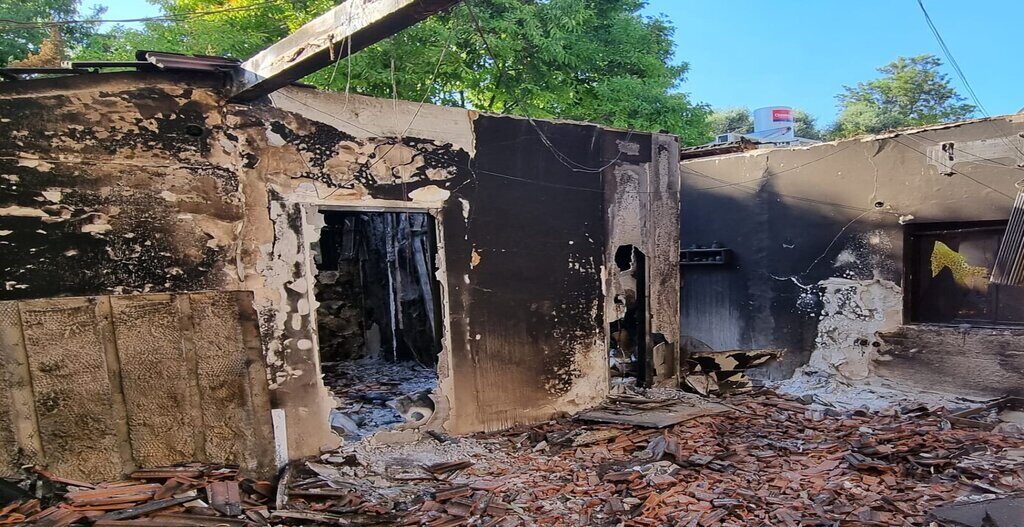A new AI tool created by Microsoft, in association with a group documenting the events of the Hamas attack on Israel on October 7 of last year, facilitates the preservation of real-time testimonies from that day as part of a collective memory.
Engineers from Microsoft Israel’s R&D department teamed up with Edut 710 to develop the unique tool, which allows anyone to create a personalized ceremony, event or learning session.
The ceremony can include video testimonies, background materials, artwork and texts related to the October 7 attack,and creators end up with a customized PowerPoint presentation of their work.
Edut 710 was founded to preserve the memories of the victims of the mass terror attack in southern Israel, collecting testimonies of survivors in full detail. So far, more than 1,200 testimonies have been collected as part of a project to create a comprehensive national archive. This archive could then be used to teach and discuss the attack even when survivors cannot be physically present.
Browsers of the collective digital memory bank do so with the help of advanced language-learning models (LLMs),which allow it to carry out sophisticated searches across hundreds of testimonies.
“Collaborating with the amazing employees at Microsoft has allowed us to take another step forward in our commitment to the survivors, their stories, and society at large, ensuring that these testimonies reach a wide audience and are not just preserved in archives,” said Itay Ken-Tor, co-founder and Head of Partnerships and Resource Development at Edut 710.
“We are excited by the collaboration and the amazing dedication of the Microsoft volunteers who created such an important and impactful platform in such a short time, and we thank them all,” he said.
“Above all, we are deeply moved by the ability of users to send personal thanks to the survivors whose testimonies they heard. From our experience and consultations with experts, we know how significant this is for them.”
Related posts

Israeli AI Safety Tool Among TIME’S Best Inventions For 2024

TAU Team Discovers Mechanism To Eliminate Cancerous Tumors

Ashdod Port Investing In Startups As Part Of Innovation Strategy




Facebook comments